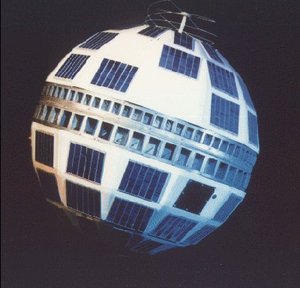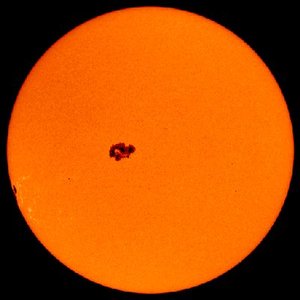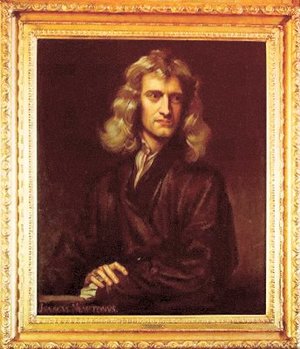13 July
1995: On 13 July 1995, the NASA spacecraft Galileo released a probe towards Jupiter that was to become the first Earth probe to penetrate the atmosphere of any of the outer gas giants.
The mission's scientific objectives included measurement of the temperature and pressure structure of Jupiter's atmosphere, the chemical composition of the planet, the cloud layers and cloud particle size and density, measurements of the amount of helium relative to hydrogen, winds in the atmosphere and how sunlight and energy coming from the deep interior are distributed in Jupiter's atmosphere.
1822: On 13 July 1822, Heinrich Louis d'Arrest was born.
d'Arrest was a German astronomer who, whilst a student at the Berlin Observatory, hastened the discovery of Neptune by suggesting comparison of the sky, in the region indicated by Urbain Le Verrier's calculations, with a recently prepared star chart. The planet was found the same night.
1762: On 13 July 1762, James Bradley died.
Bradley was an English astronomer, the third Astronomer Royal, who in 1728 announced his discovery of the aberration of starlight - an apparent slight change in the positions of stars caused by the the motion of the person looking at them with the yearly motion of Earth.
That finding provided the first direct evidence for the revolution of Earth around the Sun.















 Germany
Germany
 Austria
Austria
 Belgium
Belgium
 Denmark
Denmark
 Spain
Spain
 Estonia
Estonia
 Finland
Finland
 France
France
 Greece
Greece
 Hungary
Hungary
 Ireland
Ireland
 Italy
Italy
 Luxembourg
Luxembourg
 Norway
Norway
 The Netherlands
The Netherlands
 Poland
Poland
 Portugal
Portugal
 Czechia
Czechia
 Romania
Romania
 United Kingdom
United Kingdom
 Slovenia
Slovenia
 Sweden
Sweden
 Switzerland
Switzerland

































